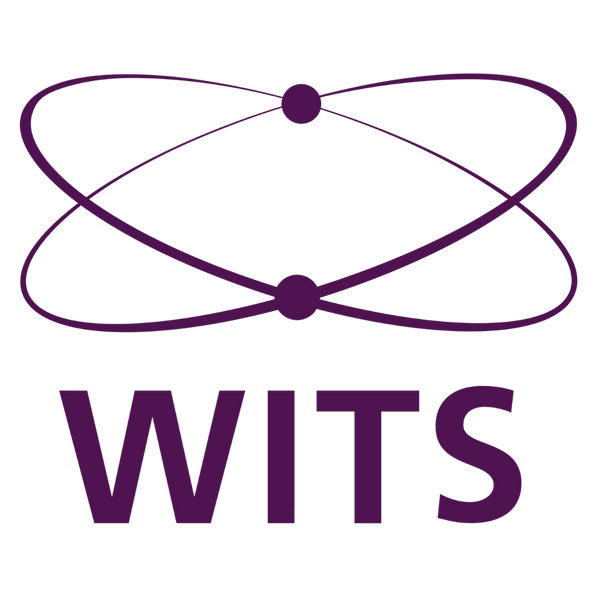The European Union (EU) has recently reached a landmark proposal on artificial intelligence (AI) that aims to ensure its ethical and human-centric use. (https://www.theguardian.com/world/2023/dec/08/eu-agrees-historic-deal-with-worlds-first-laws-to-regulate-ai)
The proposal, known as the AI Act, sets out a risk-based approach to regulate different types of AI applications, systems that are prohibited (such as social scoring or mass surveillance), those that are subject to strict obligations (such as biometric identification or safety-critical systems) and the areas that are encouraged (such as AI for health or education).
The proposed act recognises that AI can have significant impacts on the rights and freedoms of individuals and groups, particularly the vulnerable or marginalised. It requires that AI systems are designed, developed and used in a way that respects the principles of fairness, equality and human dignity.
Systems should not discriminate on the basis of sex, racial or ethnic origin, religion or belief, disability, age or sexual orientation, or any other grounds prohibited by EU law. They should take into account the diversity of human abilities, skills, needs and preferences, ensuring accessibility and usability for all. AI should be used to promote social and cultural diversity, and foster pluralism and democratic values.
Built into the proposed legislation are mechanisms to monitor and enforce compliance with sanctions and remedies for violations. The Act will see the creation of a European Artificial Intelligence Board (EAIB) providing guidance and advice on the implementation of the regulation, and facilitating cooperation among national authorities and stakeholders. While this initiative reflects the EU’s vision of AI as a force for good in society the latest data from UNESCO tells us women are severely underrepresented in the fields of machine learning, artificial intelligence and software development.
20% of employees in technical roles in machine learning companies, 12% of artificial intelligence researchers globally and 6% of professional software developers are women. The gender gap has serious implications for the future of technology and society, as generative AI and biometrics become more integrated into our everyday lives.
Generative AI is the branch of artificial intelligence that can create new content, images, text, music, code and more. Biometrics is the technology that can identify and authenticate people based on their physical or behavioural characteristics, fingerprints, face, voice and iris.
While there are many potential applications and benefits from these, they also pose many ethical and social challenges and raise questions about privacy, bias, accountability and human dignity. These challenges require diverse perspectives and inclusive solutions that reflect the needs and values of all people.
The lack of female representation in the development and governance of these technologies creates the risk of marginalisation and discrimination.
It’s crucial to increase the participation and representation of women in the these areas. Women in Technology & Science Ireland actively addresses the barriers and stereotypes that discourage women from pursuing these careers. These include a lack of visibility of role models, exclusionary workplace environments and a lack of educational opportunities. It is essential that we promote the importance of diversity in these fields by showcasing achievements, innovation and impacts. By empowering more women to join and lead the development and governance of AI we can ensure that these technologies are more ethical, fair and beneficial for everyone.
